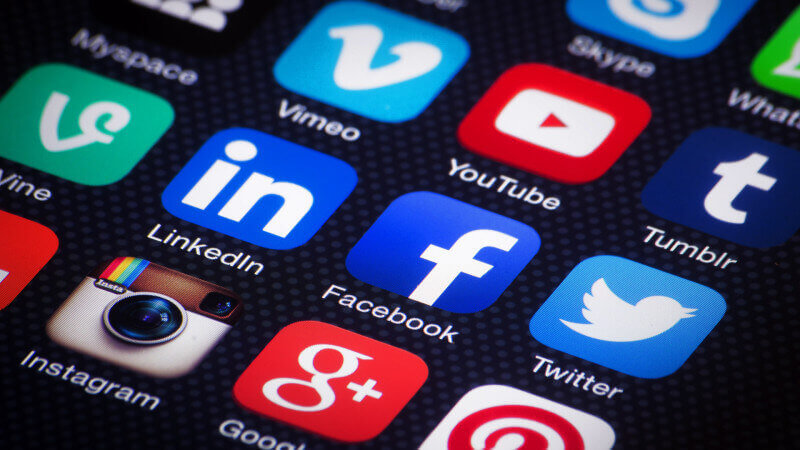
You’ve heard the saying that your hotel’s social media is kind of like an online billboard for your property.
NB: This is an article from Travel Media Group
Now I want you to imagine you are on a road trip and you come across this ad on your travels. As we enter the winter and holiday season, this message about beating the heat and cooling off seems silly, out of touch, and irrelevant to the needs of someone traveling right now. This type of marketing will certainly catch a traveler’s attention, but for all the wrong reasons, and could have a negative impact on your hotel’s first impression.
Subscribe to our weekly newsletter and stay up to date
Now luckily for the Hotel Paradise, this billboard is only going to reach a finite number of travelers that just happen to be passing this billboard as they drive towards their destination.
However, the same is not true when we talk about social media. The marketing messages and ads that you share on your hotel’s social media platforms are public and can be seen at any time by anyone. This is great if you have an effective social strategy but terrible if you lost your DOS last year and the last post on your hotel’s feed is wishing travelers a happy 4th of July.
Now, thanks to the pandemic, travelers are doing more research than ever before. They want the peace of mind from knowing that you have the ability and the means to provide them with an enjoyable, comfortable, and safe stay. If they see outdated posts on your hotel’s social account, they will ask, “How can I trust this business to take care of the finer details like keeping my room clean if they can’t even find the time to update their messaging and communication to their guests?”
4 Elements to a Healthy Social Strategy

Simply being active on social media isn’t enough anymore – it’s not 2012. So let’s talk through the four elements of a healthy hotel social strategy.
The first element is awareness. If you started your hotel’s Instagram tomorrow, your goal would not be to get likes or bookings; it would be to get followers and eyes on the content that you are posting. You can’t sell anything without awareness. It’s also important to note that awareness does not happen overnight. You do not automatically receive 1000 followers when you create an Instagram or Facebook account. Every hotel started at the same place: zero. It takes time to build that audience.
Once you capture travelers’ attention and earn their awareness, it’s time to engage with them. Find out who your audience is online and what they like. What are they willing to share with you or talk to you about? Engagement is all about listening to your audience and finding out what makes them tick.
Equipped with that info, we can get to the meat of our objective: conversion, which for the hotel industry means bookings.
Then if we are able to deliver on the service and experience promised, we could be fortunate to receive the icing on the cake: advocacy. This includes reviews/recommendations, tags, and mentions. Guest advocacy through social media is a very powerful influencer, so much so that some people have even made a career out of it.
But like any effective diet, we can’t have too much or too little of any of these four elements. For example, an all-meat diet is not necessarily the healthiest approach, just like sharing solely call-to-action posts on your hotel’s feed isn’t the most effective way of securing bookings.




